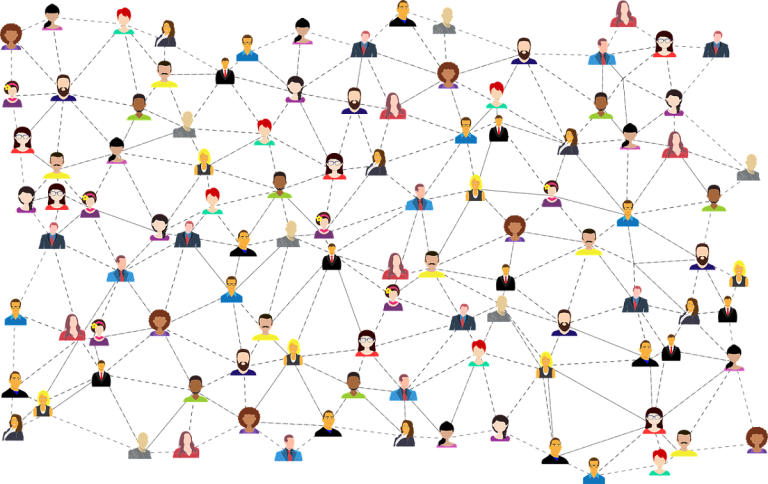Table of Contents
Introduction
Social media platforms have billions of active users all over the world. The prevalence of social media has made communication easy, but the platforms also have downsides that have proven that changes are necessary. The main social media networks are centrally controlled by large corporations, which has led to various issues such as censorship, security, and privacy. Therefore, the decentralization of social networks is one of the changes many people and organizations think will bring about positive changes to the space. The following are some of the benefits of decentralized social networks:
Control
Social media giants like Facebook and Twitter are large corporate entities that control social media networks. These entities set the rules for usage on the platforms meaning that they can ban whoever they decide is not acting correctly on the site. Decentralized social media offer users more control over the platforms than they currently have.
First and foremost, there will be more free speech on the decentralized networks, which is something more users want. Free speech is a human right that centralized social media platforms have stifled. Censorship resistance is one of the main benefits of decentralized social platforms.
Users will also have more control over the content they generate. They can set advertising rates and decide how to build their communities and which content their followers can see rather than the company doing it. No one can regulate user-generated content, which means more freedom and control when using the platforms.
Freedom of Usage
Anyone can use and engage the networks is an excellent advantage of decentralized social platforms. Social media networks like Twitter, Instagram, and Facebook can block and eradicate anyone from the site. They can also prevent people from joining the network at their discretion. No one can prevent anyone from entering the platform on a decentralized social media network.
Decentralization of social media networks gives freedom of usage back to the user. Anyone can use the platform for whatever reason they want. As with a centralized fiat currency, you can control its usage as long as you have user information. You may not like everyone on the platform, and you reserve the right to block them and not see their content. However, anyone who wants to use the platform can use it, which is the essence of freedom.
Privacy and Security
Users have had many qualms about the privacy and security of their data on social media platforms for a long time now. Social media companies are known as data processors as they mainly sell your data since they have no products or services. There have also been several cases of misuse of private data by these companies.
More regulations are being created to ensure that social media companies hand over more data control to users. It ensures that users have more control over their content, and companies can be penalized if they misuse user data.
Decentralized social platforms show that they can provide a solution to the issue of online data privacy and security. For example, users can create accounts without linking them to their actual data, like email addresses or phone numbers. The platforms also do not rely on a centralized entity to address data security and instead use public-key cryptography, like cryptocurrencies, which are widespread and more secure.
Economic Impact
Centralized social media platforms have become advertising machines. They use targeted ads to have the most economic impact by using user information to predict behaviour and are often very accurate. Decentralized social networks shoot for economic neutrality, a principle aimed at reducing the economic impact of social media on users. These networks try to find new avenues of monetization with the most negligible impact on users, such as getting users to pay for the most valuable content and getting a cut.
Centralized social media has proven to be a tremendous societal menace, and decentralized platforms are being developed to counter them. There are many benefits to decentralized social networks, including more privacy and security, freedom of usage, control, and less economic impact. You will discover more with the increased use of decentralized social platforms.


